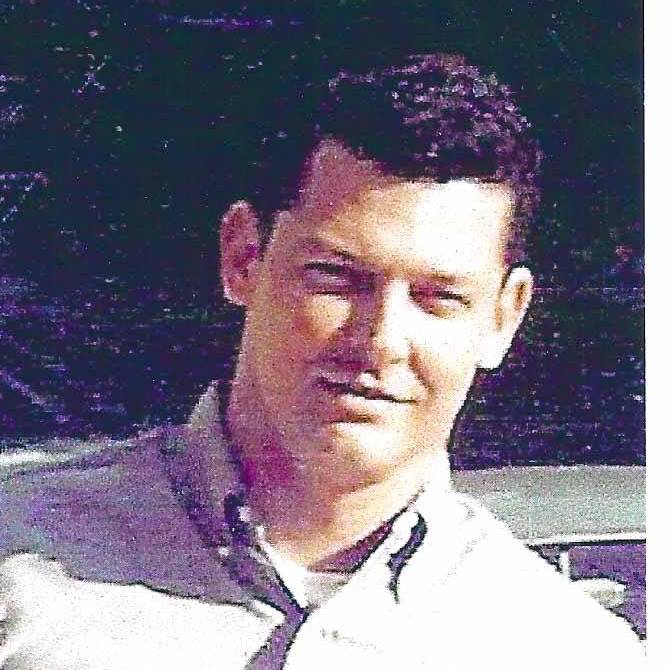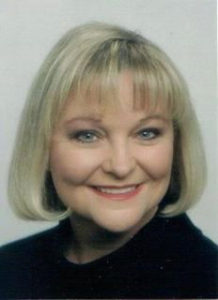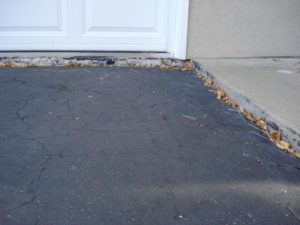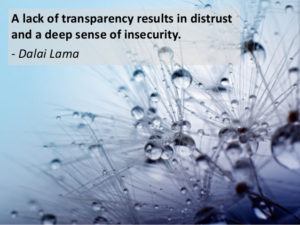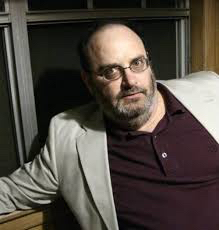This show was first aired April 19, 2014
A house is just a house, four walls and a door to keep the outside out and the inside in. It is simply a place where people live. A home, on the other hand, is a place where our affections are centered, where, to use an old cliché, the heart is. Sadly, we have gone from acquiring a house and making it our home to living in what is now known as a “unit”. The Dictionary defines a unit as “one of many”. There is nothing special about a “unit”. Nothing unique, nothing to distinguish it from all the others.
Notwithstanding the outer changes of our dwelling units, we still need to have a nesting place, a place all our own, a place that reflects who we are, a place that is safe and a place where we escape the outside world, even if just for a short while. In the homeowner association world that is taking over residential America, the concept of a home is rapidly becoming a thing of the past. We now live in corporations where every aspect of daily life is kontrolled, where threats and sanctions are the norm and where fear seems to rule the day.
Joining us On The Commons this week is Harry Flagle. Harry is a multi talented gent with a heart as big as they come. A composer and song writer, Harry wrote the lyrics and the music to our theme song, “One Way Ticket to Hell” and donated the song to the homeowners striving to maintain some semblance of sanity in their neighborhoods. He owns several patents and is an Emmy Award winner for some of his contributions to the film industry. We’ll ask Harry why he wrote One Way Ticket to Hell and what the reaction to the song has been and then we’ll join Harry on a delightful stroll down memory lane to a time when life was simpler and the unimaginable was possible.

